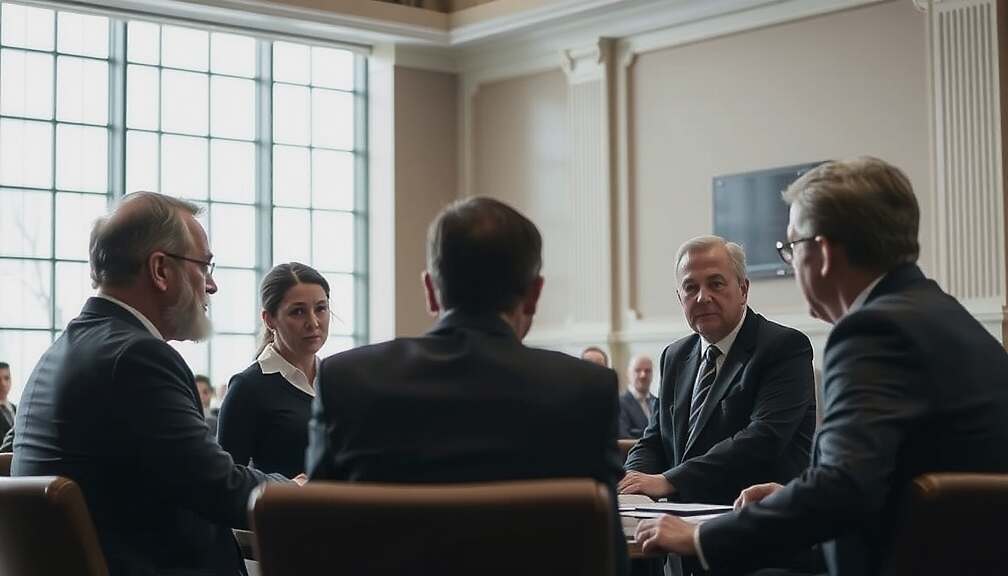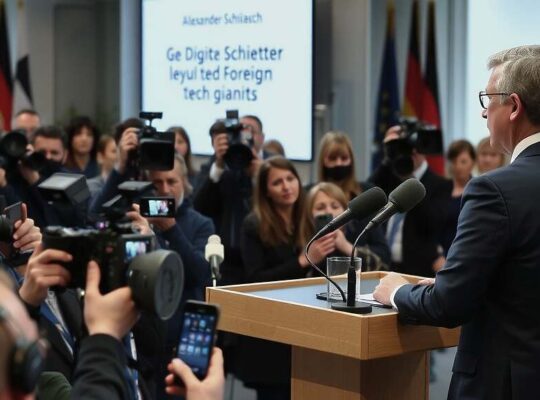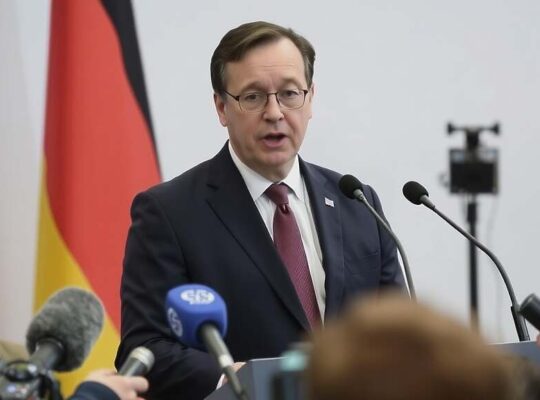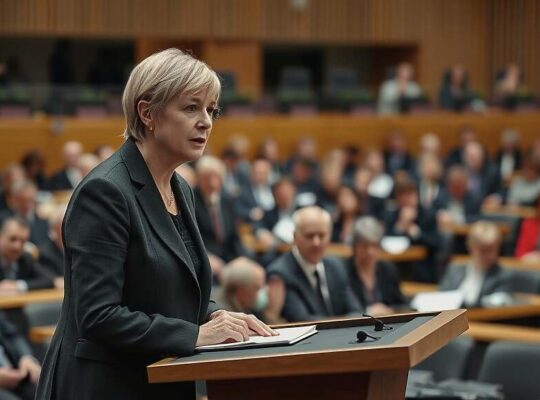The German government’s current strategy for combating the rise of right-wing extremism and populism requires a significant shift towards greater discretion and collaborative execution, according to Gordon Schnieder, leader of the Christian Democratic Union (CDU) in Rhineland-Palatinate. In an interview with “Der Tagesspiegel”, Schnieder argued that public displays of disagreement within the ruling coalition actively fuel the support base for the Alternative for Germany (AfD) and undermine public trust.
Schnieder cautioned against the tendency for individual parliamentary factions to repeatedly challenge the implementation of agreements enshrined in the coalition contract. He emphasized that such internal discord erodes the credibility voters expect from the government, fostering cynicism and potentially driving voters toward extremist alternatives. While acknowledging that compromise is a fundamental element of democratic governance, Schnieder stressed that “public bickering” significantly damages the coalition’s standing.
Beyond internal processes, Schnieder also called for greater reliability from the federal government. He pointed to the potential for disillusionment arising from policy announcements that fail to translate into tangible benefits for citizens. Specifically, he warned against the perception of broken promises, citing examples like electricity tax reforms that ultimately deliver relief to only a fraction of the electorate. Such discrepancies, he argued, quickly damage the government’s legitimacy.
Looking ahead to the upcoming state elections in Rhineland-Palatinate, Schnieder urged the CDU to engage in direct dialogue with disappointed voters. However, he also stressed the importance of maintaining transparency about the limitations inherent in governing without a parliamentary majority. He acknowledged that the party may have insufficiently emphasized the practical constraints faced when attempting to enact its full platform. Reflecting on the historical successes of the Federal Republic, Schnieder underscored the necessity for compromise and collaborative problem-solving, emphasizing that substantive progress requires concessions and pragmatic solutions embraced by all involved. The party, he believes, must actively communicate these realities to regain voter confidence and counter the narratives promoted by right-wing parties capitalizing on public dissatisfaction.












